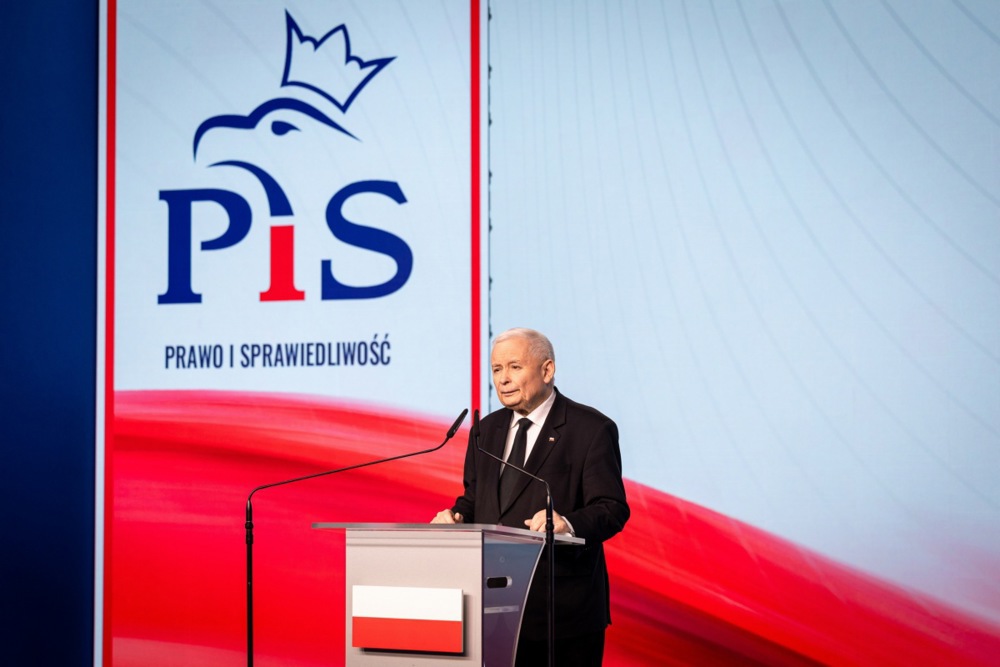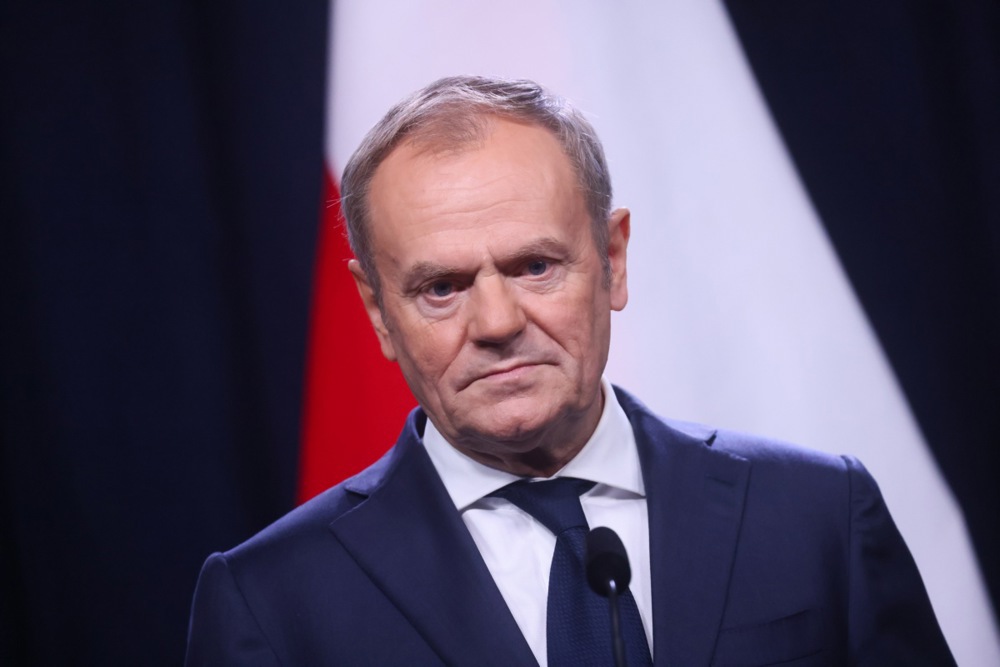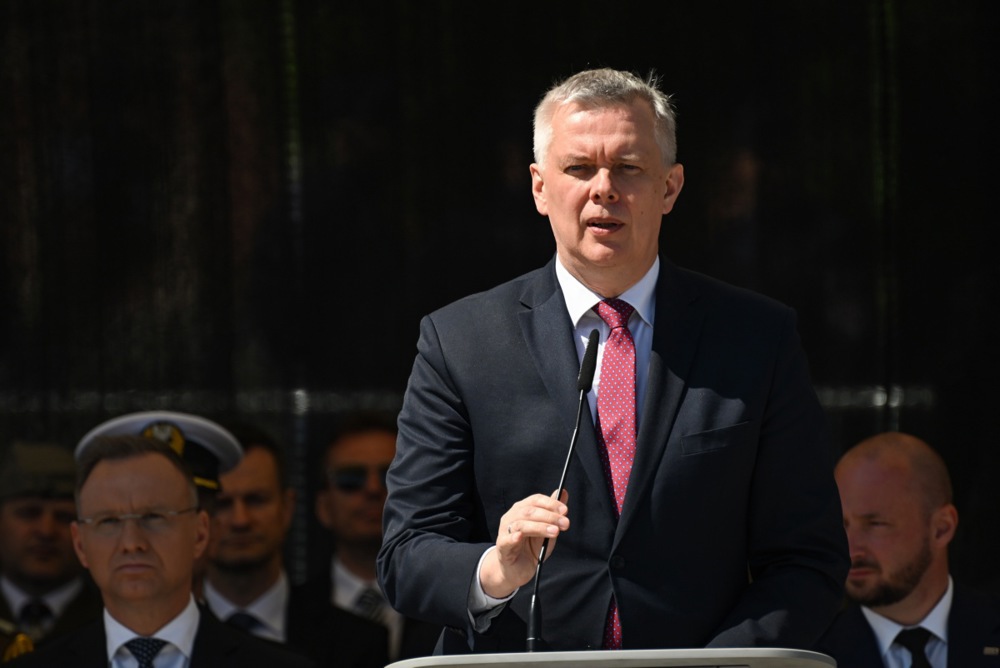Polish Prime Minister Donald Tusk has announced a state probe into alleged Russian interference in last year’s parliamentary elections.
The decision comes in the wake of reports of a misinformation campaign aimed at influencing the outcome of the vote.
Tusk and his ruling centre-left coalition came to power after the ballot in October 2023, defeating the Conservative PiS.
On December 16, Liberal-leaning daily Gazeta Wyborcza published details of an investigation by prosecutors and security services . That, it was claimed, uncovered a targeted misinformation campaign orchestrated by hackers suspected to have been working for Russia’s intelligence services.
On X, the PM wrote: “The case will be taken up by the College for Special Services.” That is the advisory body for co-ordinating the activities of Polish special services.
He added that “having learned from the experience of the last few years in Poland and other countries in Europe, we will not allow foreign interference in our elections”.
The investigative report claimed that during the election campaign hackers produced 187,000 text messages containing political propaganda. They urged people to vote for the then-ruling PiS, with a claim that the party was promising to cover funeral costs for pensioners, a pledge the party did not include in its election campaign.
Investigators also claimed to have uncovered that a further 600,000 such messages were queued for delivery but were blocked after the owners of the messaging platform alerted the authorities of suspicious activity.
It was confirmed that the PiS had neither authorised nor sent the messages as part of its campaign. They were traced to a private company that claimed its messaging platform had been hacked, with the intruders gaining access to the company’s accounts and login credentials.
It was also allegedly discovered that during the voting curfew period, the 24 hours preceding election day, pro-PiS graphics were displayed on information kiosks in 20 shopping malls. They featured leading PiS politicians with slogans such as “Free funerals for pensioners” and “We won’t bow to Moscow, Berlin or Brussels”.
These visual displays were not authorised or prepared by the PiS and the investigation traced their origin to a communications agency that had allegedly been targeted by hackers.
The report also alleged Russian intelligence involvement due of the level of sophistication employed in the hacking attacks. In addition, it claimed, the tactics employed were consistent with those said to have been commonly used by Russian intelligence in disinformation campaigns across Europe.
While the PiS, which lost its parliamentary majority in the 2023 election, has denied any wrongdoing regarding these incidents, the allegations are being used by Tusk’s allies as evidence that the party was the “preference of choice” for Russia at the last election.
While in opposition and now in government, Tusk and his supporters have argued that the PiS had links with allegedly pro-Russian politicians such as Hungarian PM Viktor Orbán and French leader of national Rally Marine Le Pen.
During its term in power, the PiS government and the Conservative President Andrzej Duda had been staunch allies of Ukraine. They had repeatedly warned about what they called the Russian expansionist threat, blamed the Kremlin for the Smolensk air tragedy of 2010. Poland’s dependence on both Russian gas and oil had been reduced.
In the European Parliament, the PiS is not allied with either Orbán or Le Pen; it is a member of the European Conservative Reformists (ECR) alliance. The PiS’ former prime minister, Mateusz Morawiecki, is due to take over the leadership of the ECR in January when Italian PM Georgia Meloni stands down.
The PiS suffered a further blow on December 16 when Poland’s election regulator (PKW) rejected the Supreme Court’s (SN) decision to reinstate the party’s state funding worth close to €20 million for the next four years.





